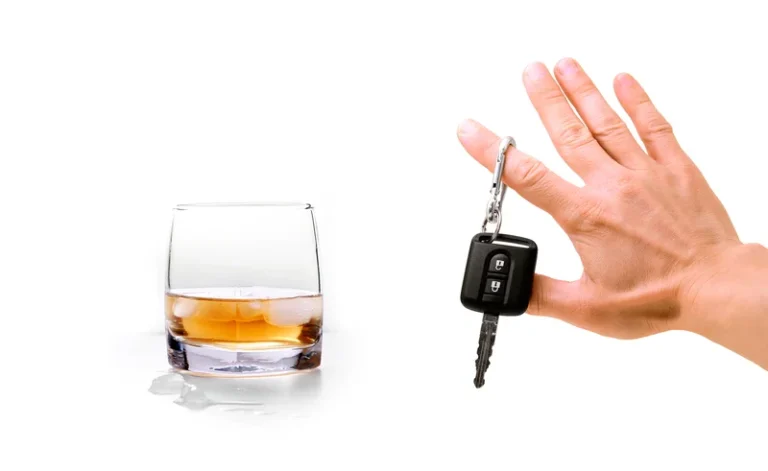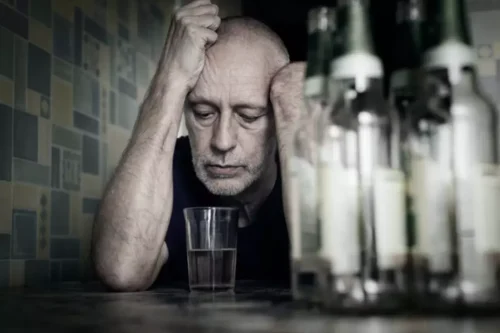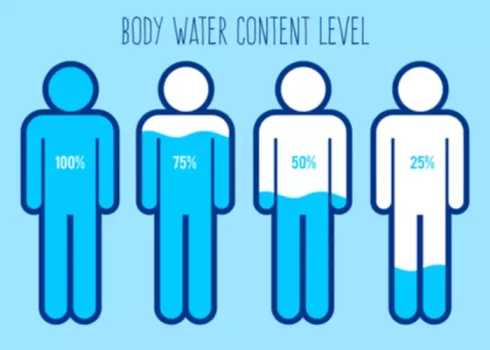
You may need to seek treatment at an inpatient facility if your addiction to alcohol is severe. These facilities will provide you with 24-hour care as you withdraw from alcohol and recover from your addiction. Once you’re well enough to leave, you’ll need to continue to receive treatment on an outpatient basis. In some people, the initial reaction may feel like an increase in energy. But as you continue to drink, you become drowsy and have less control over your actions.
- They can assess whether you have a risky drinking pattern, evaluate your overall health, help create a treatment plan, and refer you to programs or other healthcare providers if necessary.
- Simply having a risk factor does not ensure that a person will develop the condition.
- Beyond these symptoms, drinking alone is also a major warning sign.
- As mentioned above, the DSM-5 says an AUD diagnosis requires at least 2 of the 11 symptoms of alcoholism listed above to have occurred within the previous 12 months.
- If you find that you’re feeling down, take a healthier route to feel better.
- After a period of this repeated behavior, it can develop into alcoholism.
Data Table: Costs of Excessive Alcohol Use by State
People with mental health disorders tend to drink to mitigate their symptoms and feel better. Even if alcohol temporarily eases symptoms of depression and anxiety, drinking frequently can lead to a high tolerance and, eventually, alcoholism. On top of that, alcohol can actually make mental health symptoms worse at times. Under the direction of licensed therapists or counselors, behavioral therapies involve psychological strategies to modify drinking behaviors. The therapy goals are to develop the skills needed to manage your habits, build social support, set and work toward realistic goals, and deal with or avoid things that trigger drinking.
National Institute on Alcohol Abuse and Alcoholism (NIAAA)
The mental health professional focuses on treating the underlying mental health condition alongside helping the person recover from alcohol addiction. On both a genetic and environmental level, family history can contribute to alcoholism. Research has shown that the two genes ADH1B and ALDH2, which control alcohol metabolism, are key factors in developing alcoholism along with several others. While there is no universal indicating factor to one’s risk level, there are some factors that have historically been known to contribute to developing the disorder. Many people who seek treatment are able to overcome the addiction. A strong support system is helpful for making a complete recovery.

Alcohol Use Disorder Symptoms (and Signs in Other People)
- For most people, alcohol withdrawal symptoms will begin to subside after 72 hours.
- About one-third of people with a mental health disorder are also struggling with alcoholism.
- If you have attention deficit hyperactivity disorder (ADHD), for example, alcohol use disorder might make symptoms like impulsivity worse.
- It’s easy to underestimate the amount of alcohol you consume daily or weekly, especially in social settings when others around you are doing the same.
- Talk to your healthcare provider if you’re under stress and think you may be at risk for relapse.
- Schedule time into your day for relaxing, maintaining your own health, and doing the things you enjoy.
It’s important to remember that you’re not alone in your struggle. Alcoholism and alcohol abuse affects millions of people, from every social class, race, background, and culture. While you can’t do the hard work of overcoming addiction for your loved one, your patience, love, and support can play a crucial part in their long-term recovery.
Staying Social When You Quit Drinking

To learn more about alcohol treatment options and search for quality care near you, please visit the NIAAA Alcohol Treatment Navigator. Several evidence-based treatment approaches are available for AUD. One size does not fit all and a treatment approach that may work for one person may not work for another. Treatment can be outpatient and/or inpatient and be provided by specialty programs, therapists, and health care providers. Some healthcare professionals may use an older tool to screen for alcohol use disorder called the CAGE Questionnaire. While the exact causes of alcoholism are not known, a number of factors can play a role.
In outpatient programs, those working toward recovery receive addiction treatment while living at home or outside of a facility. Mixing prescription drugs with alcohol is a common practice among individuals struggling with substance use disorder. Alcohol can mess with medication and people can become addicted to the pleasurable effects caused by why do people become alcoholics drinking and prescription drugs. While you can begin misusing alcohol no matter how old you are, starting to drink at a young age will increase your chances of developing alcoholism. If drinking alcohol is taking a toll on your mental health, let your doctor know or talk to a licensed mental health specialist such as a counselor or therapist.

What causes alcoholism can be as simple as drinking too much over time. Building up a tolerance to alcohol requires you to drink more and more to get the same feeling. When you start drinking too much over time, you’re at a higher risk of developing alcoholism. This can start with binge drinking as a teenager or young adult.
- A drink can help some relax and calm down at the end of a chaotic day.
- Rather, it’s defined by how drinking affects your loved one’s life.
- Alcohol withdrawal symptoms range from mild but annoying to severe and life-threatening.
- Alcohol disorders develop when a person’s drinking habits cause chemical changes in their brain.
- If you’ve lost a loved one, gotten divorced or got fired from your job, you’re likely dealing with grief, pain and loss.
Undergoing treatment for AUD can be challenging, and there’s always a risk of relapse. Making such a significant life change can cause emotional turmoil, including guilt for past behaviors or burdening others. AUD can cause unintended consequences even before a child is born.
- In the brain, levels of the neurotransmitter dopamine rise after consuming alcohol.
- Worrying and stressing about your loved one can take a toll on your mind and body, so find ways to relieve the pressure.
- There’s been an uptick in non-alcoholic drink options, as more and more companies are creating alternatives.
- In these cases, a person is often treated with a dual-diagnosis approach.

Worrying and stressing about your loved one can take a toll on your mind and body, so find ways to relieve the pressure. Eating right, exercising regularly, and sleeping well can all help to keep stress in check. You can also try one of HelpGuide’s guided audio meditations to help you stay calm and focused as you make this challenging journey. As a parent or guardian, it’s normal to feel scared, angry, or confused if you discover your child is drinking. But it’s important to remember that you still have a major impact on the choices that your child makes, especially during their preteen and early teen years.

Research suggests that easy access to substances, such as alcohol, can be a contributing factor to the number of high school students in the United States who live with alcohol use disorder. But not everyone who has alcohol use disorder will have the same symptoms. Alcohol use disorder can include periods of being drunk (alcohol intoxication) and symptoms of withdrawal. If you don’t already have a supportive network, you can make new connections by joining social media communities dedicated to alcohol-free living. Delirium tremens is a medical emergency that can result in death.


